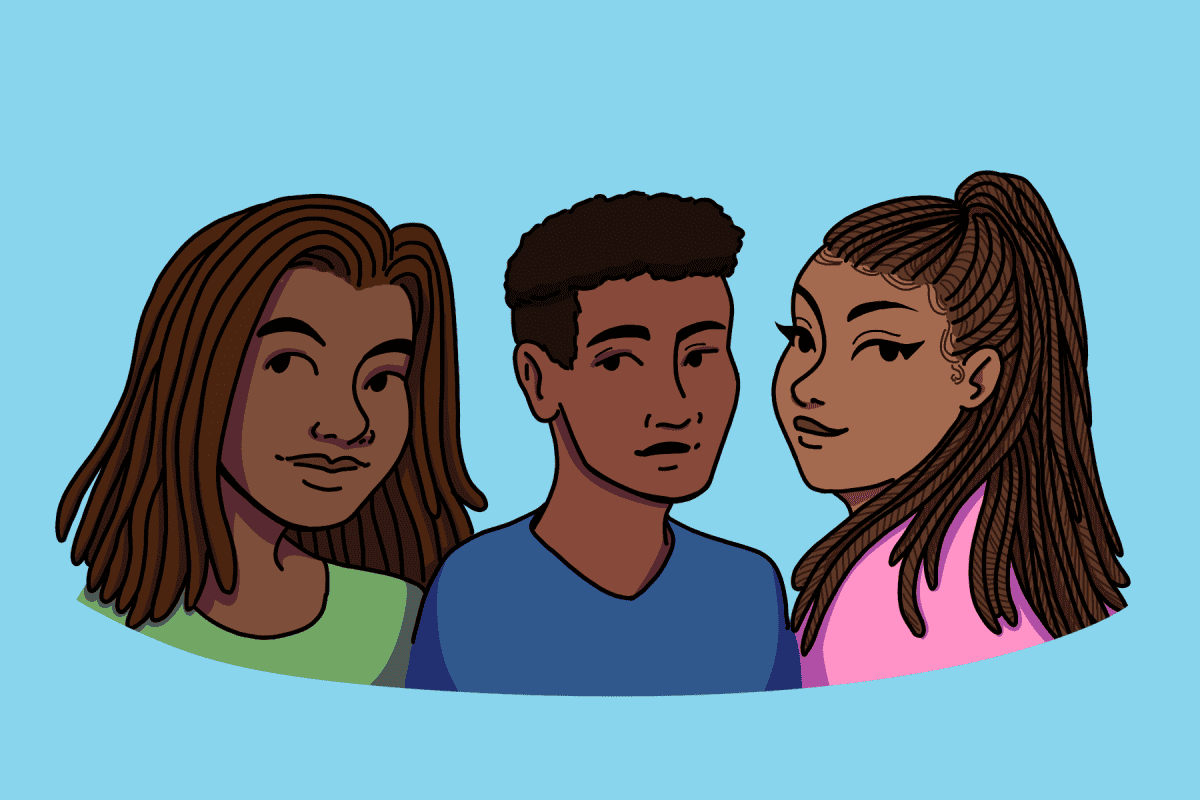Hairstyles such as braids and dreadlocks are deemed protective because they serve as a shield from any potential damage the hair can endure. They are also seen as a form of self-expression. Black hair is unique and has been the topic of discussion for a long while.
To combat the discrimination Black individuals may face because of their hair, the CROWN Act, an acronym for “Create a Respectful and Open World for Natural Hair,” was established. Created by Dove and the CROWN Coalition in 2019, the act didn’t pass until March 18, 2022, when the House passed it 235-189. However, the bill was blocked by the Senate soon after.
Despite laws in 24 states that prohibit discrimination based on hair texture or style, discriminatory grooming policies in schools and workplaces alike continue to hurt people of color, further proving that prejudice and underlying racism are still thriving in this country.
In 2018, then-high schooler Andrew Johnson was forced to cut his dreadlocks before his wrestling match in New Jersey. A trainer proceeded to cut his hair in front of everyone.
The whole ordeal raises a simple question: How miserable do you have to be to care about someone else’s hair?
Not only was a child humiliated, but there was no policy banning long hair. Wrestlers with longer hair can decide to cover their heads, but the referee of that specific match made Johnson’s hair become a problem when they told the teen to cut it off or forfeit.
Similarly, last month a Texas teenager named Darryl George was suspended for several weeks because he had dreadlocks. While it’s understood that there is a policy put in place in his school district, the student had his hair tied up.
According to the Barbers Hill Independent School District’s policy, male students can not wear their hair in a style “that would allow the hair to extend below the top of a t-shirt collar, below the eyebrows, or below the ear lobes when let down.”
The policy never stated that male students could not have long hair, it specifically says their hair cannot be a certain length when it is let down. They are only required to make sure their hair doesn’t fall below their eyebrows and earlobes, and George complied with the policy.
His mother is not only suing the school district but also the Texas state attorney general and the governor, as she feels the CROWN Act (which was set to take effect in Texas in September) has not been properly enforced.
Hair should not and will not distract an individual from doing what they need to do at work or school. Sure, some schools and workplaces have grooming policies in place, but those policies rarely affect white students and employees the way they affect their peers of color.
We see a lot of cases like these within schools in the United States. It could be because there is a certain level of control in schools that you may not see in the workplace. Wronging an adult will get you quicker consequences than wronging a child. Children often do as they are told so they won’t receive punishment, and schools play on that fact.
It’s not only blatant racism; it’s a longing for authority. It’s bullying. Black people should not be persecuted for their hair.









